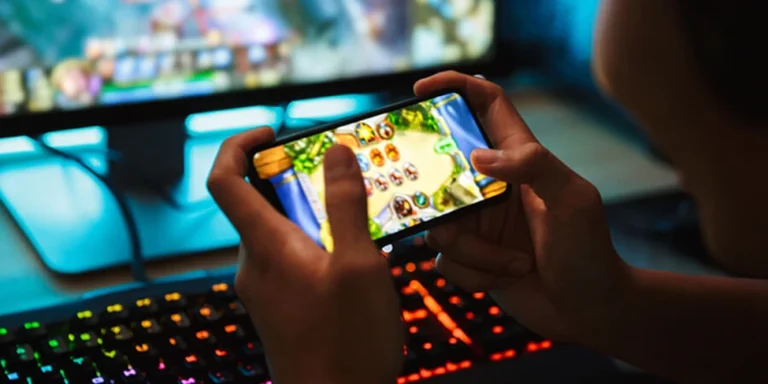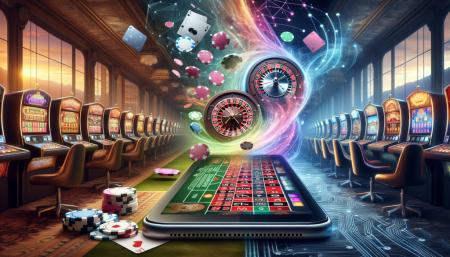Gamification and Learning: How Video Games Are Reshaping Modern Education
For years, video games were dismissed as distractions, blamed for short attention spans and poor academic performance. But recent studies and innovations tell a very different story. Increasingly, educators, researchers, and even employers are recognizing the value of video games as tools for learning and personal development.
The Cognitive Benefits of Playing Games
Modern games challenge players with complex problems, strategic planning, and real-time decision-making. Puzzle games enhance memory and logic, while role-playing games (RPGs) build narrative comprehension and empathy. Even action games, often considered mindless, improve reaction times, spatial reasoning, and hand-eye coordination.
Games like Portal, Civilization, and Kerbal Space Program are practically disguised classrooms—teaching physics, history, and engineering through trial, error, and reward.
And it’s not just about academics. Leadership, collaboration, and perseverance are common byproducts of cooperative and competitive play alike.
In more entertainment-focused spaces like livo88, players experience a different kind of challenge—testing reaction speed, emotional control, and pattern recognition. While not designed as educational tools, they still contribute to skill-building in less formal, more instinctive ways.
Gamification in the Classroom
Recognizing the motivational power of gaming, educators are increasingly turning to gamification—the use of game-like elements in non-game settings. This includes point systems, leaderboards, quests, and level-ups to drive engagement and improve retention.
Apps like Kahoot!, Quizizz, and Classcraft have brought game mechanics into classrooms worldwide. Students compete not just for grades, but for in-game rewards, unlocking a different kind of motivation—one based on achievement and fun rather than obligation.
Learning Through Simulation
Many professions now use game-based simulations for training. Pilots, surgeons, military personnel, and even firefighters practice critical skills through interactive software that mimics real-world conditions. These simulations reduce risk, increase efficiency, and accelerate learning in a way textbooks simply cannot.
Games also help students develop digital literacy—a vital skill in today’s workforce. Understanding how systems work, navigating digital spaces, and learning to troubleshoot problems independently all start to form through extended play.
The Role of Games in the Future of Learning
As augmented reality (AR), virtual reality (VR), and AI become more integrated into game development, the educational potential only grows. Imagine geography lessons where students walk the streets of Rome in VR, or language learners practicing speech with AI-driven NPCs.
The future may hold classrooms without walls—where students roam virtual worlds, complete quests to learn algebra, or simulate businesses to understand economics.
Conclusion
Video games are no longer confined to recreation. They’re evolving into platforms for creativity, skill development, and even formal education. As game-based learning continues to mature, it’s becoming clear that the controller and the keyboard are just as important as the chalkboard and notebook. Whether you’re strategizing in a turn-based RPG or exploring games on sites like livo88, you’re exercising skills that go far beyond play.






